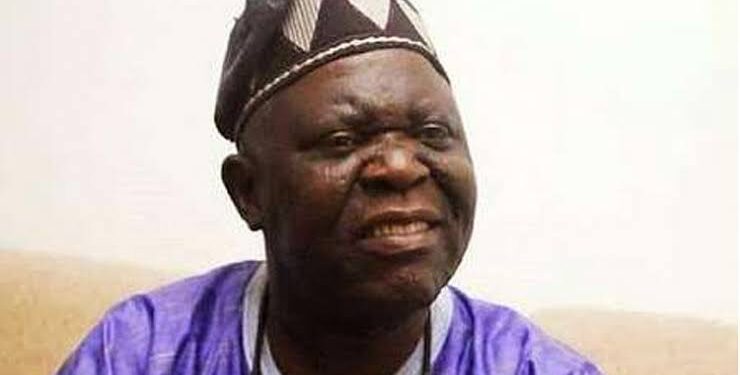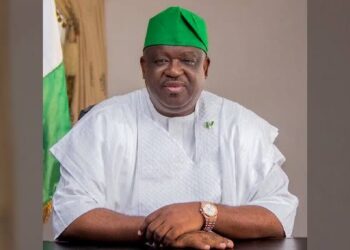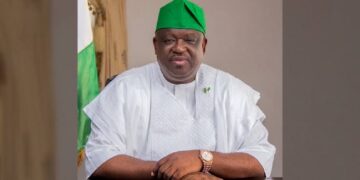Ayo Opadokun, a leading figure in the Afenifere group and the secretary-general of the National Democratic Coalition (NADECO), has urged President Bola Tinubu to consider restoring Nigeria’s parliamentary system of government. This system was originally in place when Nigeria gained independence and was used from 1960 until 1966.
In an interview conducted in Lagos on Sunday, Opadokun highlighted that the parliamentary system of government was operational in Nigeria during the First Republic, a period he regards as one of significant governance success. He argues that reinstating this system could address the current governance and development challenges facing Nigeria.
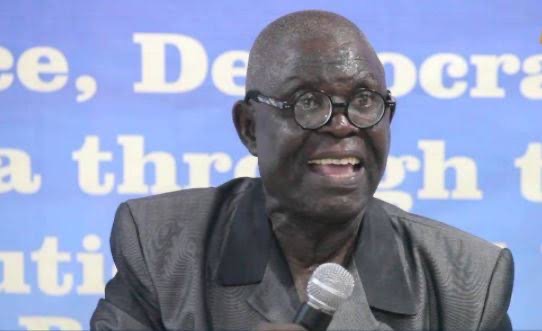
Opadokun explained that Nigeria fared well in various indices of good governance and development during the First Republic when the parliamentary system was in place. He criticized the military’s decision to replace this system with the current presidential system, which he believes has obstructed the country’s progress and development.
According to Opadokun, the military’s imposition of the presidential system, similar to the one used in the United States, was a drastic change made without proper consideration of its implications for Nigeria.
He argues that this shift has led to several issues, including ineffective resource management and less accountable leadership. He stressed that the military’s decision in 1966 to abrogate the federal constitution and replace it with an executive presidential system has not served Nigeria’s best interests.
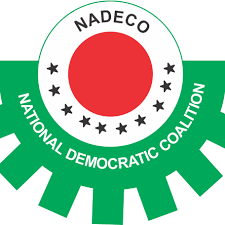
NADECO, under Opadokun’s leadership, has consistently advocated for a return to the parliamentary system, which they believe is more suited to Nigeria’s diverse and complex political landscape. Opadokun pointed out that this system was beneficial in managing the country’s resources effectively and ensuring that leadership was directly accountable to the citizens.
While Opadokun acknowledges the importance of restructuring Nigeria’s governance, he believes that many of the issues that restructuring aims to address could be resolved by reverting to the parliamentary system. He emphasized that this system was not only cost-effective but also more conducive to good governance.
Opadokun expressed confidence in President Tinubu’s ability to lead Nigeria effectively, citing his significant economic expertise and urging him to use it to address the country’s current economic challenges. He believes that President Tinubu has the political experience and capability to oversee a return to the parliamentary system, a move that Opadokun argues would be a monumental achievement for his presidency.
Opadokun believes that restoring the parliamentary system would be a major milestone for Nigeria. He stressed that while economic reforms are crucial, returning to the federal constitutional arrangement that was in place when Nigeria achieved independence is even more fundamental. He argued that this change would not only improve governance but also ensure that Nigeria’s political structure aligns with the aspirations of its people.


